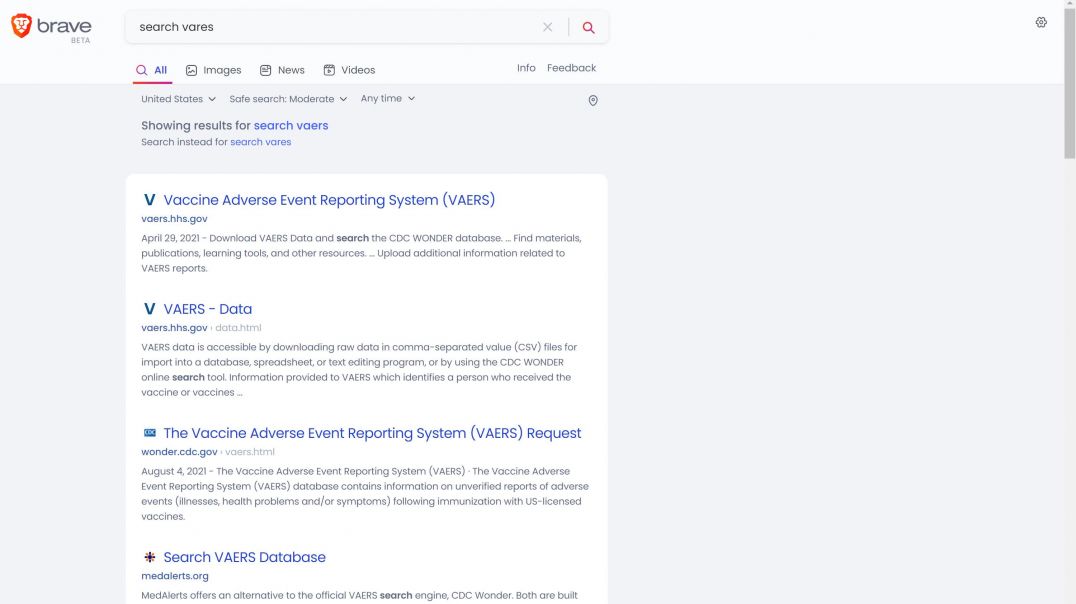35 Views· 02/18/23· News & Politics
Glyphosate, Antibiotic Resistant Strep, Staph, Gonorrhea, and Syphilis and STDs No One Is Safe
https://t.me/rootsofblackpublic
https://rootsofblack.com/
Antibiotic-resistant bacteria are a growing threat to human
health. In this video, we will explore what antibiotic resistance is, how it
develops, and the risks it poses to public health.
Antibiotics are medicines used to treat bacterial
infections. They work by killing or slowing the growth of bacteria. However,
bacteria can develop resistance to antibiotics over time, which means the drugs
become less effective or entirely ineffective. This occurs when bacteria mutate
or acquire genes that enable them to survive exposure to antibiotics.
Antibiotic-resistant bacteria can cause a range of
infections, from mild to severe, including skin infections, respiratory
infections, urinary tract infections, and bloodstream infections. In some
cases, these infections can be life-threatening, especially if they are not
treated promptly and appropriately.
The rise of antibiotic resistance has been fueled by a
variety of factors, including the overuse and misuse of antibiotics in human
and animal healthcare, poor infection prevention and control measures, and a
lack of new antibiotics being developed.


![Cardi B - Safe feat. Kehlani [Official Music Video]](https://theblacktube.com/upload/photos/2025/10/sfK6JDn7NFjRTcYsLFv9_29_1fabc36d8a7ce11f2dbe47d2aed7caf4_image.jpg)


![Safe House [2012] 1080p](https://theblacktube.com/upload/photos/2024/11/oermsKhaJa61uevooqJS_13_753434b89a70a2a6bdcf48f88a54816c_image.jpg)





0 Comments